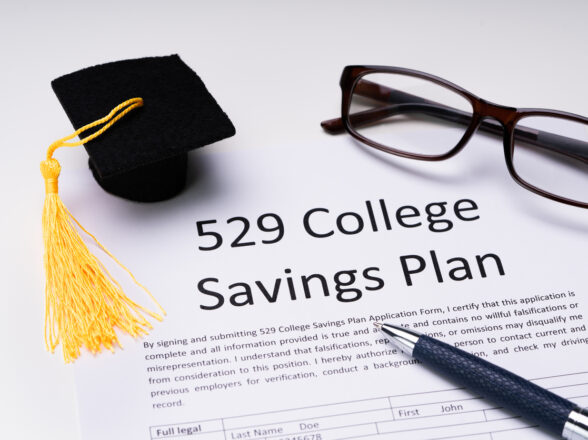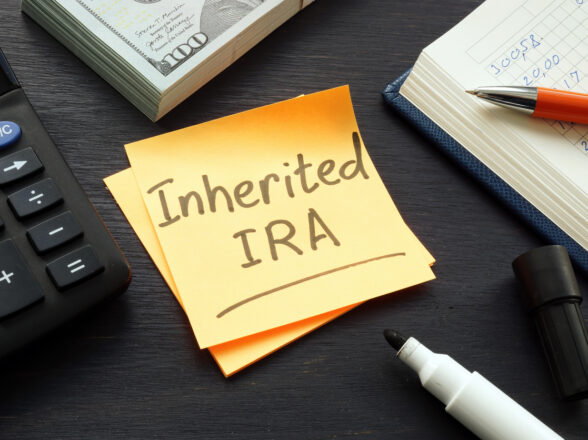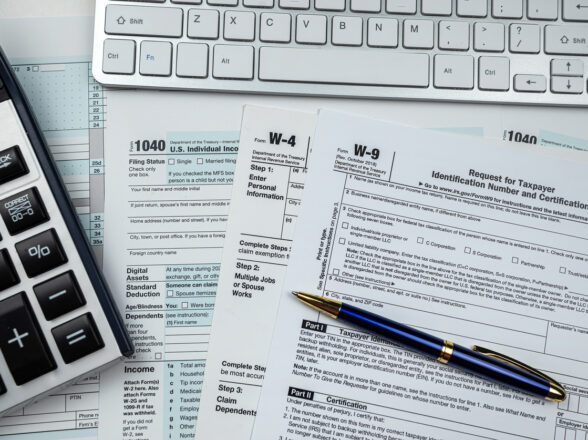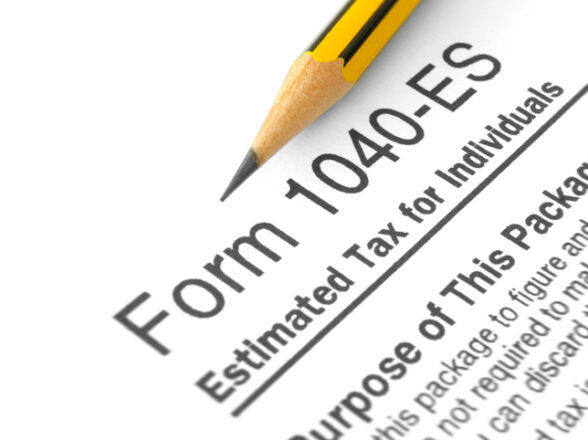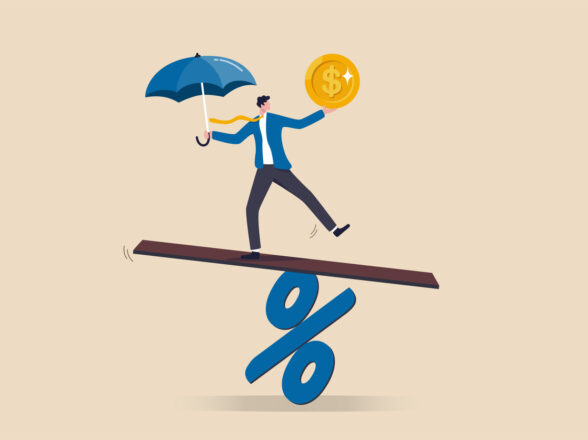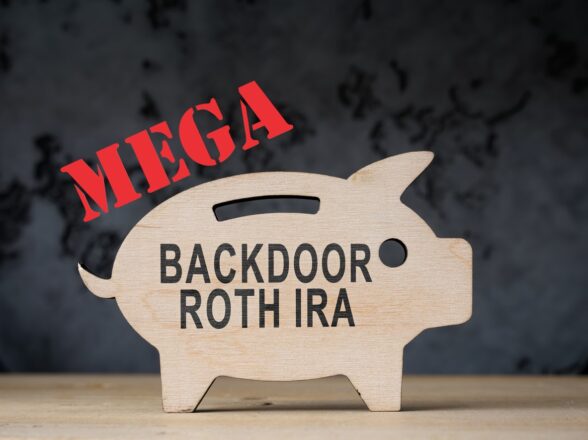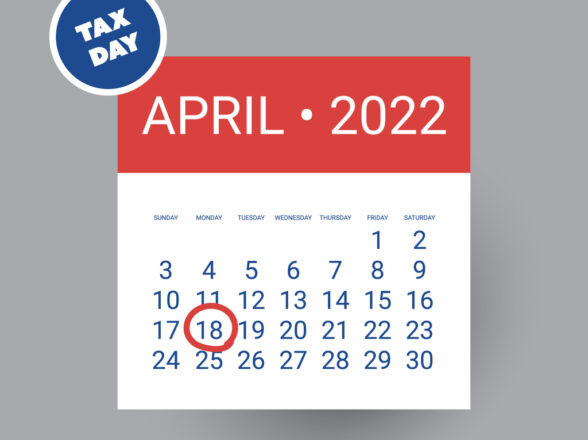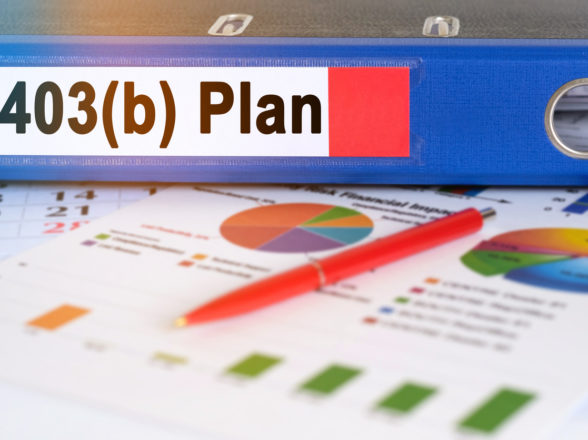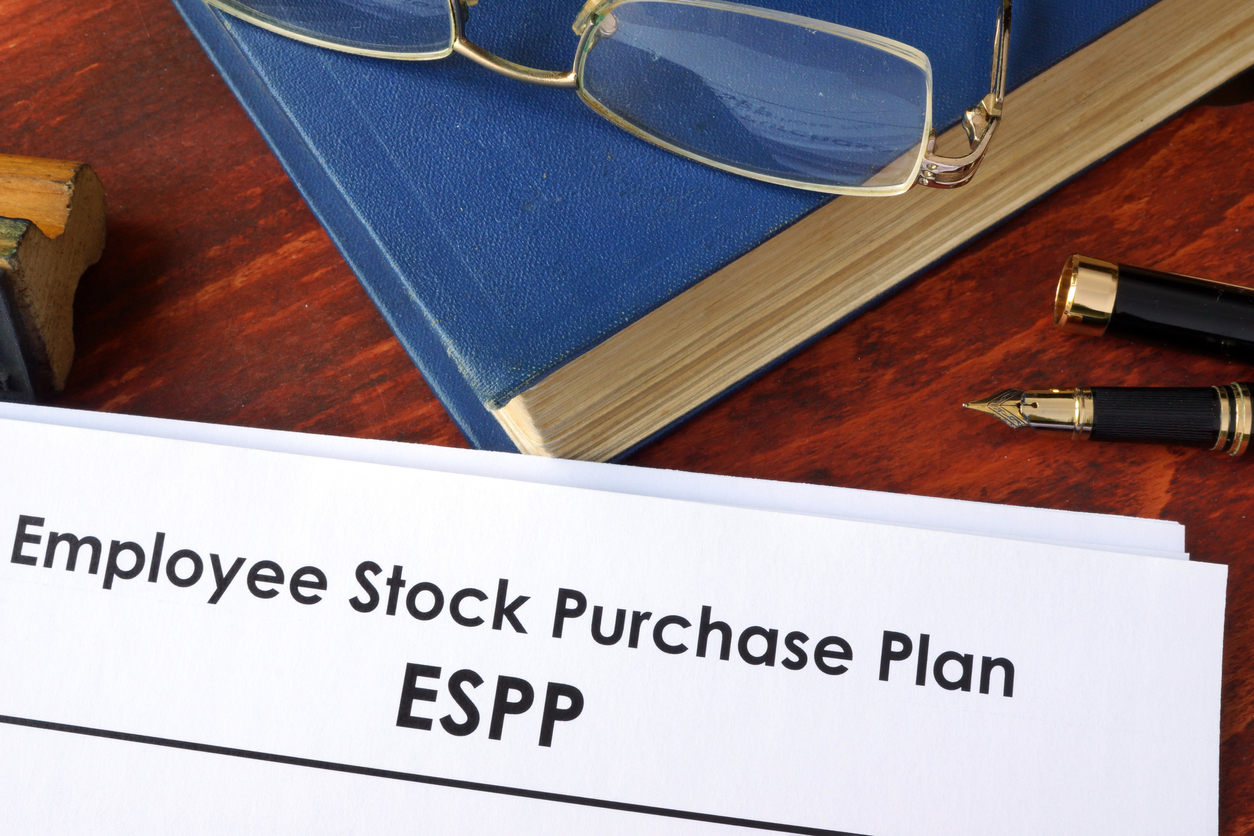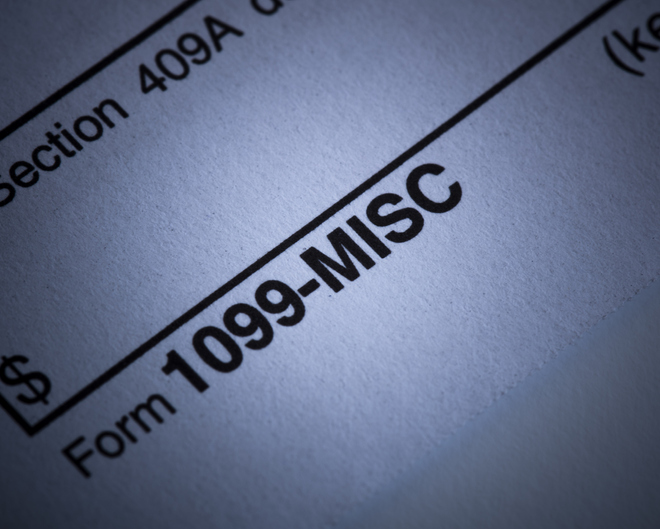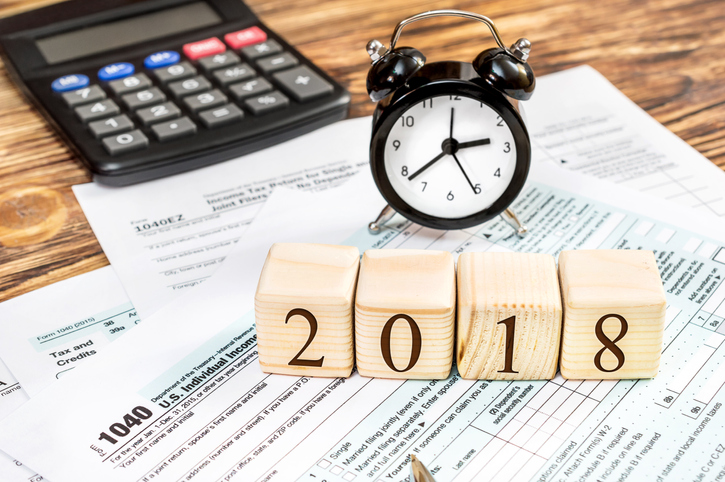Blog
Should I Exercise My Vested Stock Options This Year?

Exercising your stock options is a choice that every professional must eventually make. You signed an employment contract that includes stock options. Over time, those options have been vesting and some of your vested options are finally ready. On the vesting date, a portion of your stock options becomes available for purchase. You exercise the option, buy company stocks at a discount, and enjoy the fulfillment of your employee compensation as part of the deal.
But is this year the right year to exercise your stock options? When we sign a vesting schedule, there’s no way to predict where your family and finances will be in the future when those stocks vest. You may predict your income and role, but not the surrounding circumstances. In 2020, we can honestly say that conditions took everyone by surprise. The economy, most industries, and millions of individual professional finances were all shaken as a result. Some people have lost money, some people have come out on top. Many were thrown into a state of job hunting and financial uncertainty.
For those who maintained a stable job role, there are thousands who are also seeing some stock vest this year. Is now a good time to buy? Should you jump at the chance to own company stock or should you conserve savings until your personal future is clearer? Today, we’re here to help you answer the important question of whether to exercise or not exercise your recently vested stock options.
When to Exercise Vested Stock Options
First let’s talk about when you should exercise your stock options. To exercise means to buy the stock – using the discounted price from your employee contract. Professionals usually try to plan their finances so they have savings ready for a stock purchase. Ideally, circumstances will be correctly aligned so that exercising stock options is still the right choice in the moment. The following are the signs that it’s a good year to exercise your vested stock options.
-
The Company is Stable or Growing
Start by looking at your employer company. Are they in good standing? Did they weather COVID well? Is the business growing? This year, it will take more than examining past stock prices to get a feel for what next year will bring. Many companies were intensely impacted by the economic shake-up as a result of the pandemic. Some went out of business or began an immediate decline. Many have adapted with new business models and a thriving onlin audience.
If your business is doing well both in the stock market and in the post-COVID model, then exercising vested stocks may be the right choice this year.
-
Your Savings and Income are In a Good Place
Next, assess your savings. Investing in company stocks will cost a certain amount, but less than it would cost to buy them without the option. The grant price and number of stocks you can buy at that price define your maximum spend. The grant price itself (one stock) is your minimum spend. This is the full range of your budget for exercising the stocks.
Determine if your personal finances are in a good place to make this purchase. Many families finances have been shaken this year with jobs and roles changing. Buying stocks is best done on years when your income and savings are both stable and rising.
-
The Funds You Set aside for Stocks are Available
Many professionals set aside funds during the vesting period into a designated savings account. This makes it easy to keep track of the budget and to avoid mixing your investment capital into general household funds. However, when times are tight, your extra savings accounts may be needed to keep other plans and necessities afloat. Ensure that the set-aside funds for investment are readily available before making plans to buy the stocks this year.
-
Your Stock Portfolio Can Balance the New Stocks
Portfolios ensure that you never invest too heavily in just one type of stock. A well-balanced portfolio spreads your investment over several industries so that if one stock falls, your entire investment isn’t lost. To exercise your company stock options, this adds stocks to your portfolio. For many professionals, it’s the first item in your portfolio. However, your investment capital should also be ready to balance these stocks with other stocks to create a more balanced collection of investments.
-
You Feel Confident About the Purchase
Lastly, you should feel confident about exercising your stock options. It’s important to be confident when buying stocks and making investment decisions. If you have a good feeling about the purchase and all other circumstances align, then this is a good year to exercise your vested stock options.
When to Wait on Vested Stock Options
Let’s wrap up by quickly covering a few disqualifiers – opposites of our previous signs that clearly indicate when it’s not a good year to invest. These are signs that you should put off exercising your stock options for a few months to a year before reassessing the situation.
-
The Company’s Future is Uncertain
If you look at your employer and are not confident with their trajectory, this is a poor sign for investment. A company with decreasing value or who were hit particularly hard by the pandemic may not guaranteeably offer you profitable stocks. You may also want to wait a year to see if your employer’s post-COVID business plan thrives or falls flat. Simply save up your investment capital and wait until a more confident time to buy.
-
Your Future Income or Savings are Not Assured
If you or your family were hit economically by the pandemic, then this year may be a poor time to invest. As we mentioned, your income and savings balance into the family’s financial survival in times of uncertainty. Any funds you have now may be more useful if dedicated to household purposes. Those vested stock options will wait for you until your finances are in the right place to invest.
-
You Do Not Have Funds Set Aside to Buy Stocks
Many professionals save up for their stock options, but not all. If your options just vested but you haven’t been setting aside investment capital, don’t panic. There’s no need to exercise all your stock options in the first year that they vest. You can hold onto them until some real investment capital is saved and you can purchase a stack along with other portfolio-balancing stocks.
Is Now a Good Time to Exercise Your Vested Stock Options?
If this year is the right time for you to invest in the company, go for it. Between your own personal knowledge and the help of a financial advisor, you can assess your employer’s stock potential and compare it to the state of your finances and savings. If you are ready to invest and your company is ready to be invested in, exercise your stock options this year. If things are still uncertain, wait until next year when you have a clearer view and more capital saved up.
Contact us for financial advisory and help to determine if this year is the right year to exercise your employee stock options.



























